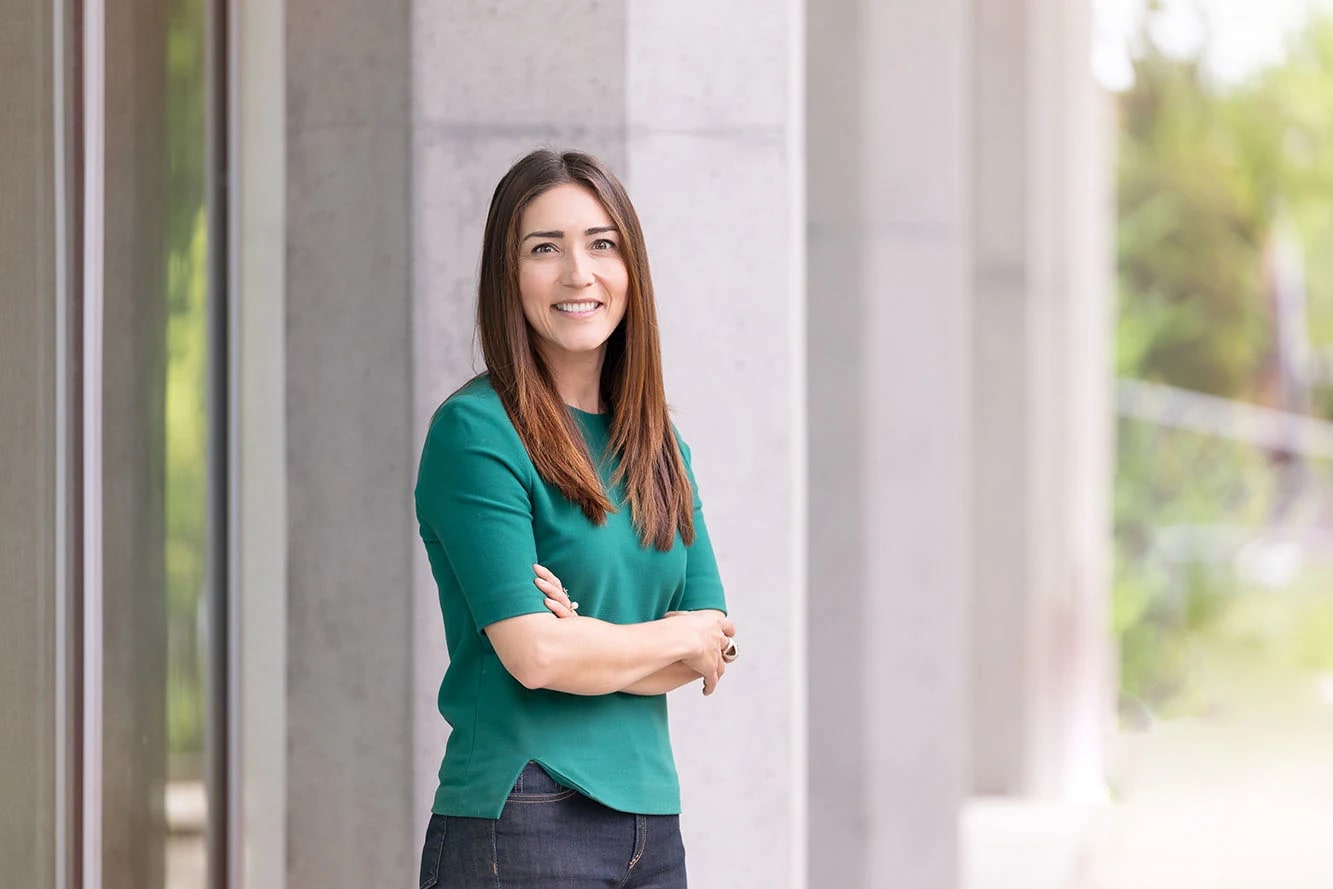I applied for an NCI-C Fellowship while at the University of California at Irvine and was invited by Dr. Lloyd Skarsgard to come up for an interview at the BC Cancer Agency in Vancouver. After the interview, he encouraged me to come to the Agency after my post-doc stint (I got the Fellowship!) I knew I wanted to come back to Canada and settle by the ocean so I didn’t even apply to any other cancer research centres.
I drove up to Vancouver with a scrawny, stray Siamese cat that adopted me in California. I named him Brutus to encourage him to get bigger (which he did!) and bought a house in east Vancouver since I couldn’t find anywhere to rent that allowed pets (Brutus turned out to be a great investment consultant). Before setting up my own lab, I did a second post-doc with Dr. Connie Eaves to learn what regulates normal and leukemic blood cells. Having trained in so many different areas was very beneficial to me, making me unafraid to start anything new.
I spent my first eight years at the BC Cancer Agency developing assays for and purifying erythropoietin (Epogen), a hormone that is made in the kidney and is needed for red blood cell production. I am happy to say that this work contributed to erythropoietin (Epogen) being available today to treat anemic cancer patients and patients with kidney failure.
Once my lab had enough erythropoietin to play with, we started studying how it stimulated bone marrow cells to become mature red blood cells and discovered an intracellular protein that we called SHIP. We discovered that this protein kept cells from dividing too rapidly and we found it was also present in immune cells and served to keep these cells from overreacting to allergic stimuli. These findings pulled me into immunology and understanding what happens to immune cells within tumours. (I think you learned a little about immunology from Dr. Brad Nelson in February.) This, in turn, got me really interested in trying to manipulate the tumour environment to kill cancer cells.
Gerry


